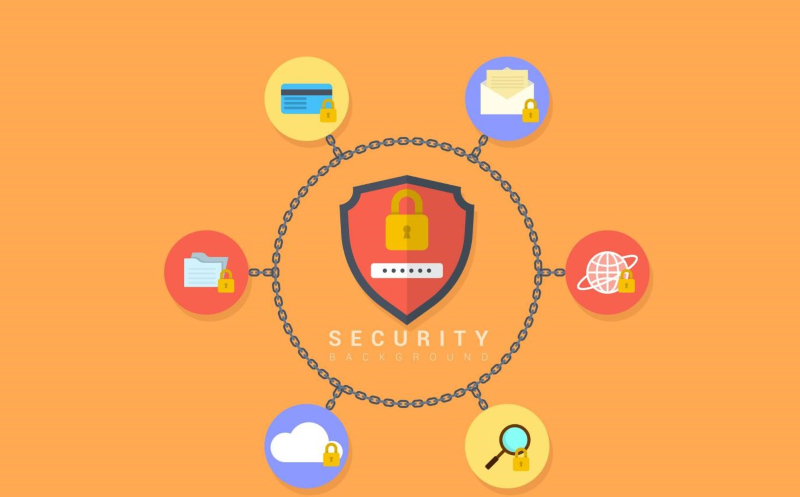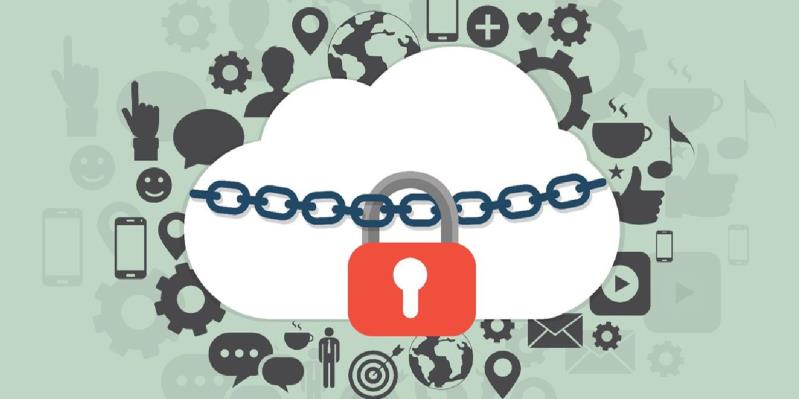Digital Ethics & Privacy - Do not be a threat in the new age of Data privacy!
Today, we are so immersed in technology and trends that we often put data privacy and ethics on the back burner. We have been, however, harshly woken up by major data breaches by some very large organizations. And it’s not pretty. What can we do to avoid being a threat?
The world we live in now isn’t the same anymore. Technology is changing the world and the way we see it. Everyone is touched by technology is some way or the other every day. Sometimes, to make life more convenient or sometimes to earn a living out of it. We’re internet-connected almost all the time. Be it through our computers, TVs, smart-phones, cameras, baby monitors or echo devices. Technology strives on data – mostly private. Securing this data has become extremely significant especially after we have been harshly woken up by nightmarish data breaches over the past few years. And that’s when the importance of Digital ethics and privacy started increasing.
What is Digital Ethics?
Ethics, as we know, refers to a moral way groups or individuals interact, treat and resolve issues with each other. Digital ethics is just the same but in online environments. There is, however, no right or wrong here. No strict code of conduct to follow. It is about following and considering certain conventions. It is about asking ourselves if our actions relating to others are “appropriate” in an online world. Politically, socially and morally appropriate.
Quoting Rafael Capurro from his Digital Ethics paper presented 2009 Global Forum on Civilization and Peace-
“Digital ethics or information ethics in a broader sense deals with the impact of digital Information and Communication Technologies (ICT) on our societies and the environment at large. In a narrower sense information ethics (or digital media ethics) addresses ethical questions dealing with the internet and internetworked information and communication media such as mobile phones and navigation services. Issues such as privacy, information overload, internet addiction, digital divide, surveillance and robotics are discussed today particularly from an intercultural perspective. The message of this paper is that information ethics can and should contribute to address the challenges of the digital age.”
What is Digital Privacy?
Everyone has different expectations and thresholds of their privacy. For some, it is ok for the world to know about them while for others, privacy is of utmost importance to them. Digital privacy is responsibly gathering, storing and using individual data in like with their expectations, laws and regulations.
Why is Digital Ethics and Privacy important?
As we get engulfed with technology, our privacy is at stake. We are giving out so much of our data on a daily basis that it is hard to keep track. Organizations need to understand that personal data needs to be private and not for the world to see. There cannot be more episodes like Facebook’s recent data breach one where they “unintentionally” uploaded 1.5 million of their user’s email contacts – without consent. Of course, there have been more such data breach incidents disclosed by Facebook previously. We cannot have more data leaks like how JustDial did for 100 million of user details because of unprotected APIs early this year. There should not be more cases of patient privacy data (HIV status in particular) being leaked online like the one that happened in Ministry of Health, Singapore this year.

Organizations that deal with private and critical data have to take extra precautions to make sure that they protect and respect their user’s privacy. When they prioritise digital ethics and privacy as their top priority, they are taking the first step towards being trustworthy and digitally ethical. The focus should be on doing the right thing rather than just being compliant.
Implementing Digital Ethics and Privacy
To survive in this new age of data privacy, it is important to gain and maintain the trust of your customers. They allow you to handle their private and sensitive information. It is only imperative and ethical to win their confidence.
The year 2018 saw some welcome changes in terms of privacy laws like the GDPR law in Europe and the California Consumer Privacy Act (CCPA). Although, the CCPA will only go into effect from January 2020. Both of these data protection laws give people the right to their information – how it is being collected and used. Companies that do not abide by or violate the laws can be faced with civil action lawsuits or can be charged with heavy fines.
Cookies, anybody?
Who doesn’t love cookies?
As organizations are getting more competent, they are trying to get personal with personalization and analytics techniques. With personalization, they can target just the right audience and address their audience’s whims and fancies. All of this and more can be achieved with the usage of cookies. Cookies are basically small bytes of data that carry information about how customers interact with your website – like the time they spent, what’s in their shopping cart, websites you are visiting, etc. Now, this can be a major breach of privacy for some individuals (and maybe not for others).
Previously, websites would use cookies without the user finding out about it. And now because of laws like the GDPR, websites need to notify and take consent from users that they are using cookies and can place them to collect certain information from them. Users should be also able to easily opt-out of cookie placements when needed.
Building Digitally Ethical Websites
Keeping in mind ethics and all the regulations and implementing them at a later stage is an option to be compliant and ethical. But intersecting ethics and technology right from the start makes it a whole lot better and efficient. Content Management Systems like Drupal enable organizations to implement and create their own standards for privacy on the open web. There are also a bunch of privacy tools that you can customize and implement.
And Lastly
Digital ethics and privacy is gaining more importance today as we play around with more and more data. Organizations that collect, store and use private data from individuals need to understand and make data security their top priority. Data is collected in heaps, which creates inherent security risks. Complying with government laws and regulations is a good start. However, companies need to think beyond just being compliant.
A collaborative structure of trust and security must be built by sharing standards and knowledge across organizations and individuals. Practicing digital ethics, privacy and transparency will not only display trust but will also attract strong talent and create an image of corporate integrity.
Related Posts
As the world of eCommerce continues to evolve, businesses are constantly seeking ways to stand out in the digital landscape. According to a report by Statista, it is predicted that global online sales will reach an impressive mark of $6.5 billion by 2023.
In the era of high-speed internet, owning a server with a 10Gbps connection offers an unparalleled advantage in terms of data transfer speed, website performance, and user experience.
To make your business successful in the modern age, you need to excel at digital marketing and have a strategy that can allow you to beat out the competition.
In the ever-evolving landscape of digital marketing, link building remains a cornerstone of search engine optimization (SEO).
In today's age, establishing an online brand presence is crucial for success. With the vast reach and accessibility of the internet, launching your brand online can open up endless opportunities for growth and expansion.
Ecommerce marketing relies heavily on understanding consumer behavior and psychology to drive engagement, conversions, and loyalty.













Comments
comments powered by Disqus